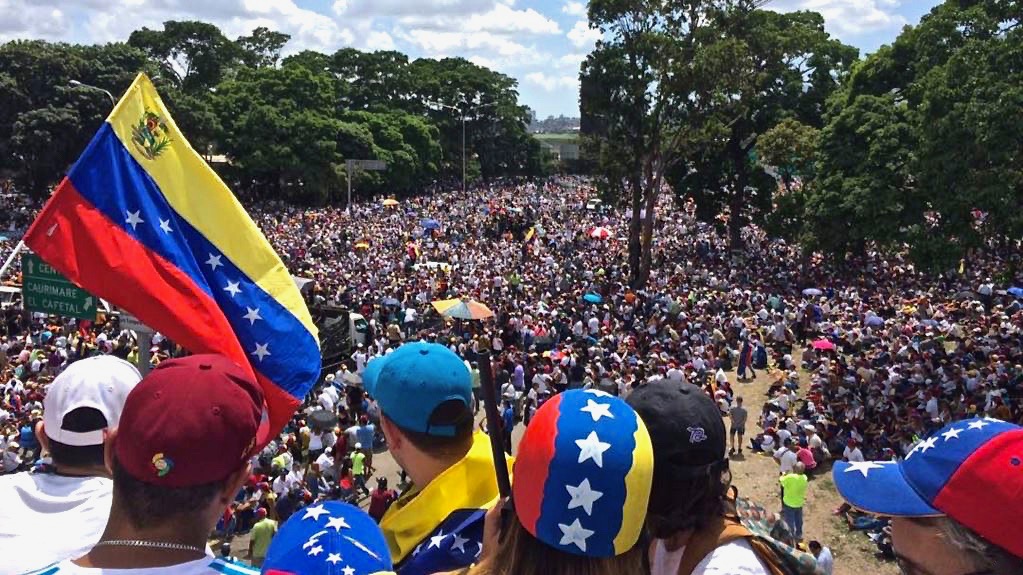Venezuela: Competing Fairly in Rigged Elections

There was a time in the Americas when the majority of countries were ruled by dictators of one sort or another. In the last 30 years, free, competitive elections have led to regular, transparent choices in leadership in all but a small handful of countries. However, Newtonian physics tells us that for every action, there is an equal and opposite reaction.
Nowhere has that been more visible than Venezuela where 40-years of democratic rule was eroded by a freely-elected non-democrat, Hugo Chávez. Elected in 1998, he expropriated the economy and then perpetuated himself and his party in power through electoral tricks and constitutional changes.
October 15, his successor, President Nícolas Maduro and his ruling United Socialist Party presided over regional governor elections that shut out any meaningful participation of opposing candidates and or their voters.
Heading into this contest data suggested that opposition candidates would win as much as two-thirds of the governorships of Venezuela’s 23 states. An August Datanalisis survey found the opposition Democratic Unity Table candidate in one state ahead of the Socialist party candidate by nearly two to one, with top voter concerns being lack of food, crime, and high cost of living—all problems the Maduro government has government has brought to Venezuela.
Yet, after the precincts closed on election day, the National Electoral Council announced that with a large voter turnout of 61 percent Maduro’s party had won 17 of 23 states, including that one. It’s doubtful anyone will know the validity of the Council’s figures—the government barred independent organized observation. Still, there were enough reported irregularities and a lack of transparency that suggest outright manipulation, if not fraud:
- Ruling party candidates received illegal campaign support from the government—from free advertising on state media to voter mobilization using state resources.
- The Socialist Party-dominated electoral council chose a ballot design that favored easy identification of its candidates and retained the names of opposition candidates who had lost in the primaries—confusing voters likely to vote for the opposition.
- Days before the election, more than 200 voting centers in opposition neighborhoods were reportedly relocated to remote locations in ruling party strongholds, where opposition voters were physically attacked by Socialist Party militants, discouraging opposition turnout.
- Voting centers in some opposition strongholds reportedly turned voters away opening with significant delays and with defective voting machines.
- In one state, machines were unable or disabled from sending their electronic tallies to the National Electoral Council—allegedly enabling manual transmission of results which didn’t match those recorded on paper by the machines.
- Opposition poll watchers were reportedly removed from some voting centers in rural areas, and reports surfaced that voter identifications mechanisms were not used, allowing individuals to cast more than one vote.
Was the contest unfree and unfair? Yes. Did the state suppress votes? No question. Was it fraudulent? Possibly. The government would not allow independent scrutiny of the voting machines or tallies as they were being tabulated and sent to the electoral council headquarters. With dirty tricks going against them, the Democratic Unity Table gained three more governorships than they had before election day. But, it was not the overwhelming victory they experienced in 2015 when they won more than two-thirds of National Assembly.
Does the result reflect poorly on the Democratic Unity Table and its candidates? No. Their supporters were mostly peaceful and their candidates played by the rules. It reflects badly on the government and the official ruling party that had to resort to dirty tricks and voter suppression to hang onto governorships. And even with that, it seems it lost three. The real numbers could be even worse.
Top